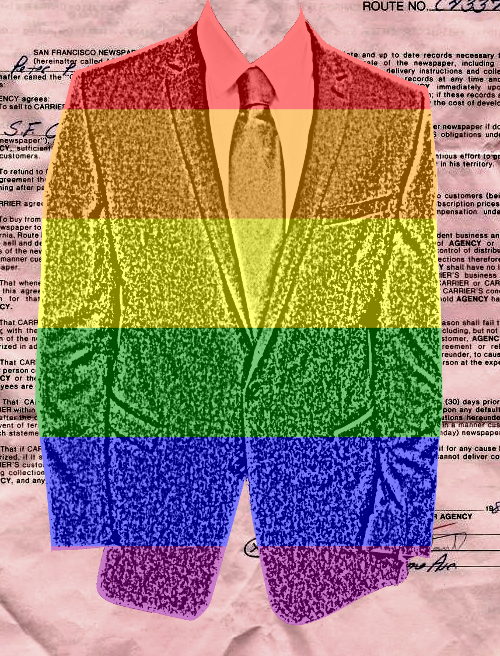SA seeks legal review to spot LGBTIQ disadvantage
 University researchers are looking at discrimination in South Australia’s laws, on the grounds of sexual orientation, gender, gender identity or intersex status.
University researchers are looking at discrimination in South Australia’s laws, on the grounds of sexual orientation, gender, gender identity or intersex status.
The University of Adelaide's South Australian Law Reform Institute has launched an audit at the request of the South Australian Government to identify discrimination in any State laws and regulations that impact on lesbian, gay, bisexual, trans, intersex and queer (LGBTIQ) people.
South Australia and Queensland are the Australian states to still have the ‘gay panic’ defence, wherein people or assault or kill others can argue that they were caused to lose control by the victim making unwanted sexual advances.
“Despite a greater diversity and vibrancy in our South Australian community, discrimination on the grounds of sexual orientation, intersex status and gender is unfortunately still experienced by many people,” says Director of the SA Law Reform Institute, Professor John Williams.
“There is now a growing awareness of the need to better understand how to prevent such discrimination – and that includes the ways in which our laws and regulations impact on individuals and their families.”
Among the issues being considered by the Institute is the gendered language used in many laws and regulations, which can exclude gender diverse people and some people with intersex variants.
“For example, there are many laws that talk about 'men' and 'women',” Prof Williams says.
“We are looking carefully at these laws to see whether they need to be changed to include people who identify as a man or a woman, regardless of their sex characteristics.”
“While these changes are important, we know from our initial consultations that a handful of laws have a much stronger impact on the lives of LBGTIQ South Australians.
“These are laws that affect how a person's identity is legally registered, whether they can access certain services, whether they have adequate protection against unlawful discrimination, and whether and how they might start a family.”
It is unclear how deeply the audit will look at the so-called ‘gay panic’ defence.
Recently, the Law Society of South Australia has reportedly written a letter to the SA Legislative Review Committee, arguing that the defence should remain available to accused murderers.
“The High Court in has demonstrated that the partial-defence can and does have regard to contemporary community attitudes and standards,” Rocco Perrotta, president of The Law Society of South Australia, said in letter to the Review Committee.
“It is unfortunate that provocation has been labelled the ‘gay panic’ defence, as the Law Society’s objection to abolishing provocation is not about homosexuality,” said Perotta.
“The current law recognises that people can lose complete control of their actions when provoked.
“An example would be for an unsolicited sexual advance that triggers flashbacks of child abuse, thus making the object of the advance to react in an irrationally violent way.”
For the University’s audit, the Institute is keen to hear from anyone who may have experienced some form of discrimination, or faced a legal barrier, due to their LGBTIQ status.








 Print
Print